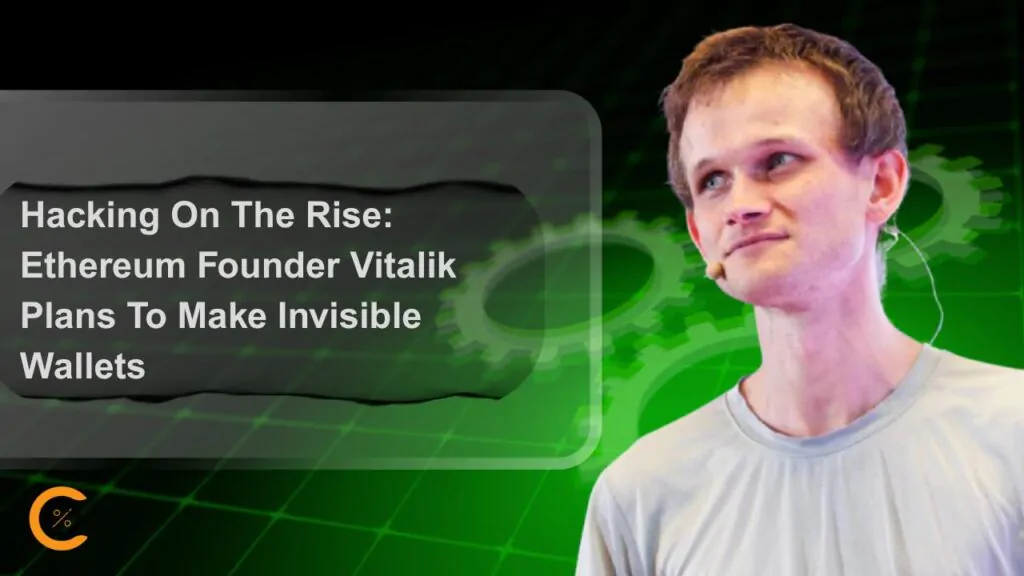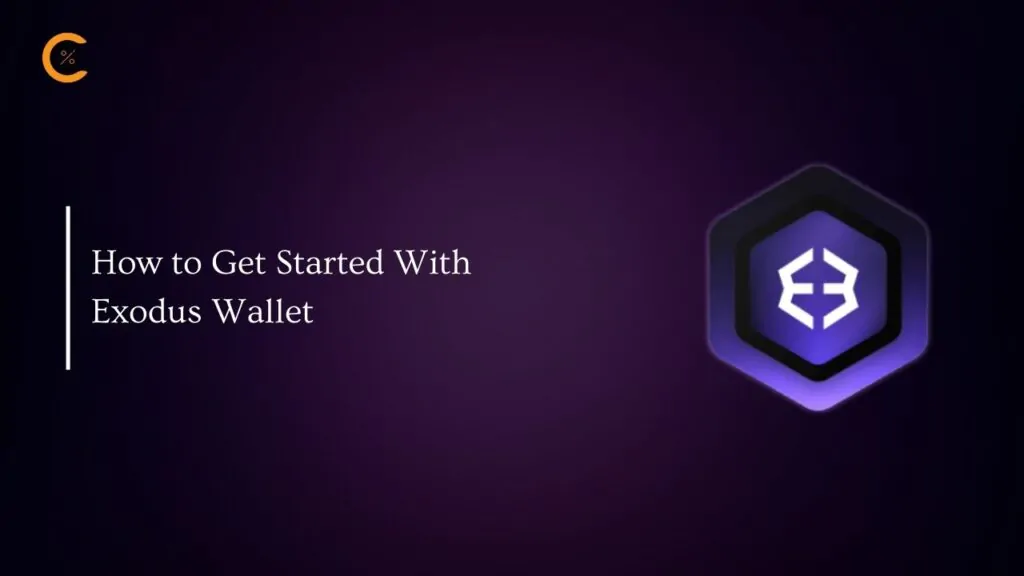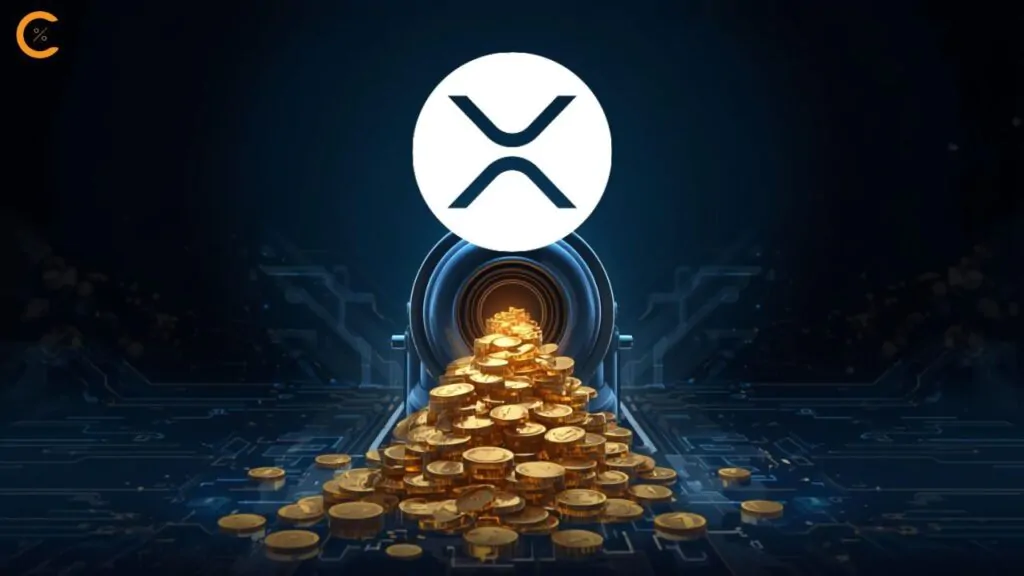- •Ethereum Foundation’s Privacy Stewards of Ethereum (PSE) aims to make transactions, identities, and voting private with tools like PlasmaFold, Aragon, and Kohaku wallet.
- •Hinkal’s invisible wallet hides transaction details to reduce hacker exposure, serving as a preventative measure rather than a complete solution.
- •Zero-knowledge proofs enable privacy while maintaining compliance, but full legal alignment and decentralization remain uncertain.
Ethereum founder Vitalik Buterin plans to make invisible wallets, a new tool that hides transaction activities to protect users from hacks. As hacks soared to $163 million in August, they are still on the rise. Analysts warn that invisible wallets can help reduce exposure for wealthy holders, but they will not be the ultimate remedy against tracking. Although zero-knowledge proofs enable compliance while preserving privacy, experts worry that full legal alignment is still uncertain.
Ethereum Focuses Deeply On Privacy
The Ethereum Foundation has a new program called Privacy Stewards of Ethereum (PSE). Its goal is to make Ethereum transactions, identities, and voting private and secure, not just public as they currently are. It is formed and driven by an aspiration to repair its network. The PSE has created a roadmap with objectives to develop tools that enhance privacy. The tools being developed include PlasmaFold, which enables private transfers; Aragon, to enable private governance; and Kohaku, a new private wallet to complement the experience.
Vitalik believes that privacy is essential to protect users from governments and tracking corporations, which put users at risk of being hacked, but he acknowledges this is not the ultimate solution.
Hinkal’s Invisible Wallet And The Problem With Transparency
Blockchain by default is designed to be public: everyone can see wallet balances, transactions, and strategies. This makes big holders and crypto users vulnerable to hackers or surveillance.
With the recent incidents of crypto hacks reaching $163 million in August, blockchain has proved to be a very vulnerable platform. Its volatile nature also discourages users from investing. The latest $300 million Coinbase hack has further escalated Ethereum’s exploit risk, which has been an issue in past months.
To counter these breaches, a Web3 firm, Hinkal, says that its wallet can hide transaction details while still validating them on-chain. It claims that users with large balances can use it to prevent attacks without compromising governance compliance. Vitalik has tested it by sending a small ETH amount from Hinkal’s invisible wallet, and according to Etherscan data, his address was labeled as vitalik.eth. Hinkal kept track of Vitalik’s activity but did not share any other internal transaction details for privacy reasons.
Yury Serov, head of investigations at Global Ledger, praised the privacy wallet for hiding the most obvious risks, such as showing a public address during swaps, lending, and regular DeFi activities. He also added that “invisible” should not be confused with “invulnerable,” noting that an invisible wallet is just a preventative measure, not the ultimate remedy.
Blockchain With Privacy
Multiple notable figures encourage Vitalik’s approach to reduce vulnerabilities in crypto for high-value users, but some are uncertain if his plan can overcome legal alignment obstacles. Because blockchain is public by nature, making it private could create governance issues on platforms. Hinkal’s invisible wallet offers protection against trackers, but there are concerns since it may not be fully decentralized if someone keeps track of transactions to secure them. The roadmap for privacy from PSE is still underway, and time will tell whether the invisible wallet will be groundbreaking or if hackers will find another way around.
- How Ethereum Plans to Make Your Transactions Truly Invisible – (Sep 15, 2025)
- As Crypto Hacks Surge, Ethereum Founder Vitalik Tests New ‘Invisible Wallet’ – (Sep 15, 2025)






![How to Change Language in Rabby Wallet [2025 Guide]](https://www.cryptowinrate.com/wp-content/uploads/2025/12/How-to-Change-Language-in-Rabby-Wallet-2025-Guide-1024x576.jpg)
